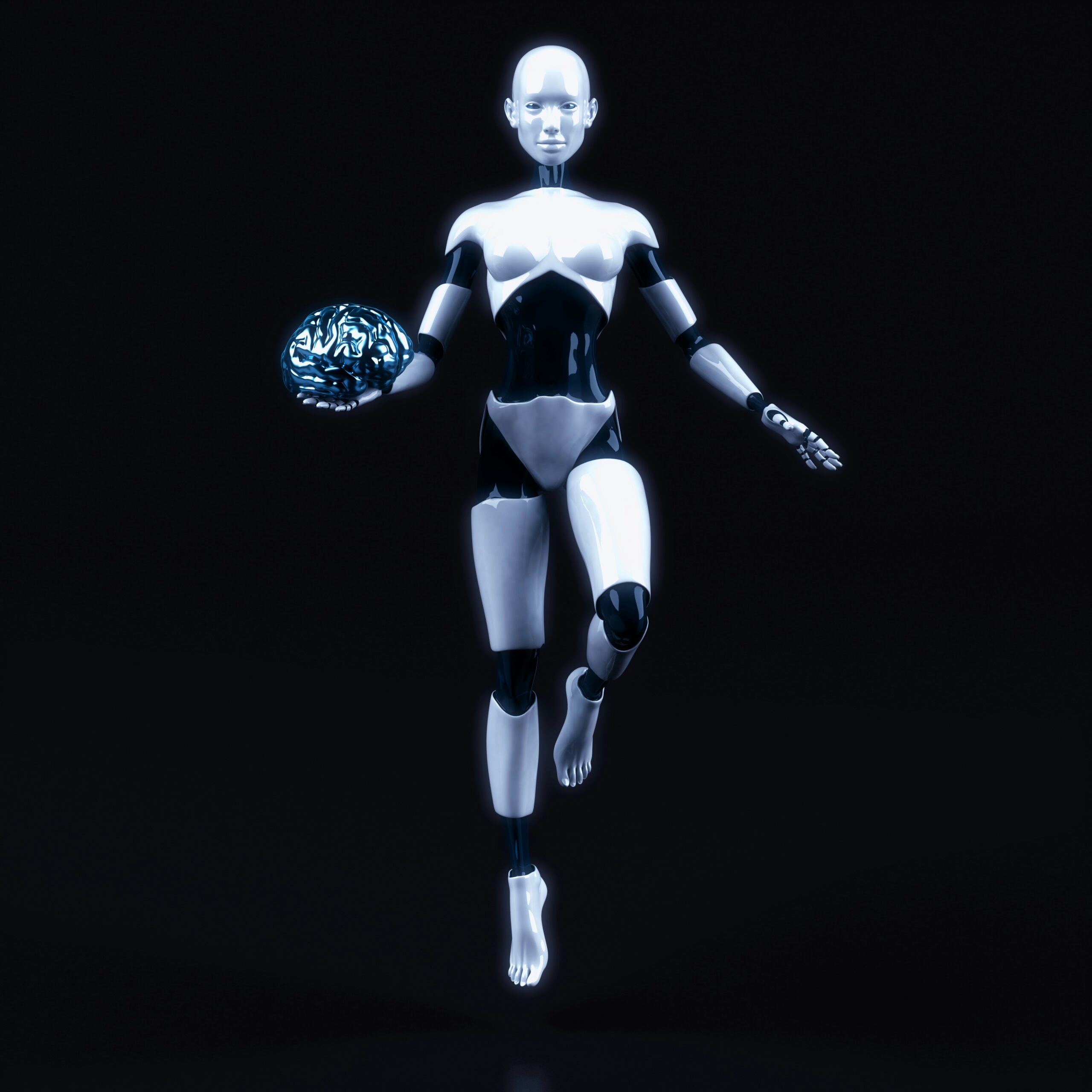Introduction
AI in 2025: Smarter Than You Can Imagine. Artificial Intelligence (AI) has been at the forefront of technological innovation over the past decade. From voice assistants like Alexa and Siri to autonomous vehicles and facial recognition, AI has already begun to reshape our world. But what can we expect from AI in the year 2025? The answer: more than we can currently imagine.
As computing power, data availability, and algorithmic sophistication continue to grow, AI is moving from a tool of convenience to a transformative force that will redefine industries, enhance human capabilities, and even raise ethical and philosophical questions. Let’s take a closer look at how AI is evolving and what the future holds.
Table of Contents
The Evolution of AI: A Quick Recap
In the early days, AI was largely rule-based, relying on logic and decision trees. As machine learning (ML) gained traction, systems began learning from data instead of just following predefined rules. The introduction of deep learning and neural networks led to breakthroughs in image recognition, natural language processing (NLP), and game playing (like AlphaGo defeating world champions).
The development of Generative AI, especially with models like OpenAI’s ChatGPT and Google’s Gemini, has pushed the boundaries even further. These models can write essays, generate code, create realistic images, and carry on contextual conversations.
Key Trends in AI by 2025
1. Hyper-Personalization in Every Sector
AI will offer hyper-personalized experiences in sectors like healthcare, finance, and education. Imagine an AI tutor that adapts to your exact learning style or a healthcare assistant that can predict illnesses before symptoms appear.
2. Multimodal AI
By 2025, AI will not only understand text and speech but also interpret and generate images, videos, and even physical movements. This multimodal capability will revolutionize industries like gaming, entertainment, design, and more.
3. AI and Edge Computing
Rather than sending data to the cloud, AI will increasingly operate on edge devices (like smartphones, IoT devices, and even wearables), reducing latency and enhancing privacy. This will empower smarter real-time decision-making in areas like autonomous driving and smart homes.
4. Autonomous Everything
From delivery drones to self-driving cars and robotic process automation in offices, the shift toward autonomy will accelerate. AI systems will independently perform complex tasks, guided by data and real-time learning.
5. AI and Mental Health
AI chatbots are already being used for mental wellness. By 2025, these bots will become far more empathetic and effective, supporting therapists or even helping diagnose mental health conditions early.
AI in 2025: Practical Examples
Healthcare
AI will be diagnosing diseases faster and with higher accuracy than ever before. Predictive analytics will allow for early intervention and personalized treatment plans. AI will even assist in drug discovery and robotic surgeries.
Education
Personal AI tutors will guide students through coursework, suggest improvements, and help with projects in real-time. Institutions will use AI to create customized curricula and identify at-risk students early.
Business & Marketing
AI will analyze customer data to create personalized campaigns that resonate with individual preferences. Predictive analytics will inform business decisions, reduce waste, and boost productivity.
Transportation
AI will be integral to the success of autonomous vehicles, air traffic control, and logistics optimization. Real-time route adjustment and vehicle-to-vehicle communication will become standard.
Ethical Concerns and Challenges
With great power comes great responsibility. As AI becomes smarter, ethical challenges will intensify:
- Bias in AI Models: AI systems can inherit biases from the data they are trained on. Ensuring fairness and inclusivity is crucial.
- Job Displacement: While AI creates new job roles, it also risks automating many existing ones.
- Data Privacy: As AI systems get more integrated into daily life, safeguarding user data will be more critical than ever.
- Deepfakes and Misinformation: AI-generated content can be used maliciously, making it harder to discern real from fake.
Organizations like the Partnership on AI and regulatory bodies worldwide are working to set guidelines and promote responsible AI development. Read more about AI ethics here.
How You Can Prepare for the AI-Driven Future
- Upskill Yourself: Learn about AI tools, platforms, and basic coding to stay relevant.
- Stay Informed: Follow trusted sources like MIT Technology Review and OpenAI Blog.
- Engage in Discussions: Join communities and forums to exchange ideas and concerns about AI developments.
Conclusion
AI in 2025 will be smarter, faster, and more deeply integrated into our daily lives than ever before. It will bring immense opportunities to solve global challenges, but it will also require careful handling to avoid potential pitfalls.
The smartest way to navigate the AI-driven world of tomorrow is to embrace the change, stay informed, and contribute to shaping AI for the betterment of all humanity. Because one thing is clear: AI isn’t just the future—it is the present, evolving faster than we can imagine.
Find more Tech content at:
https://allinsightlab.com/category/technology/

